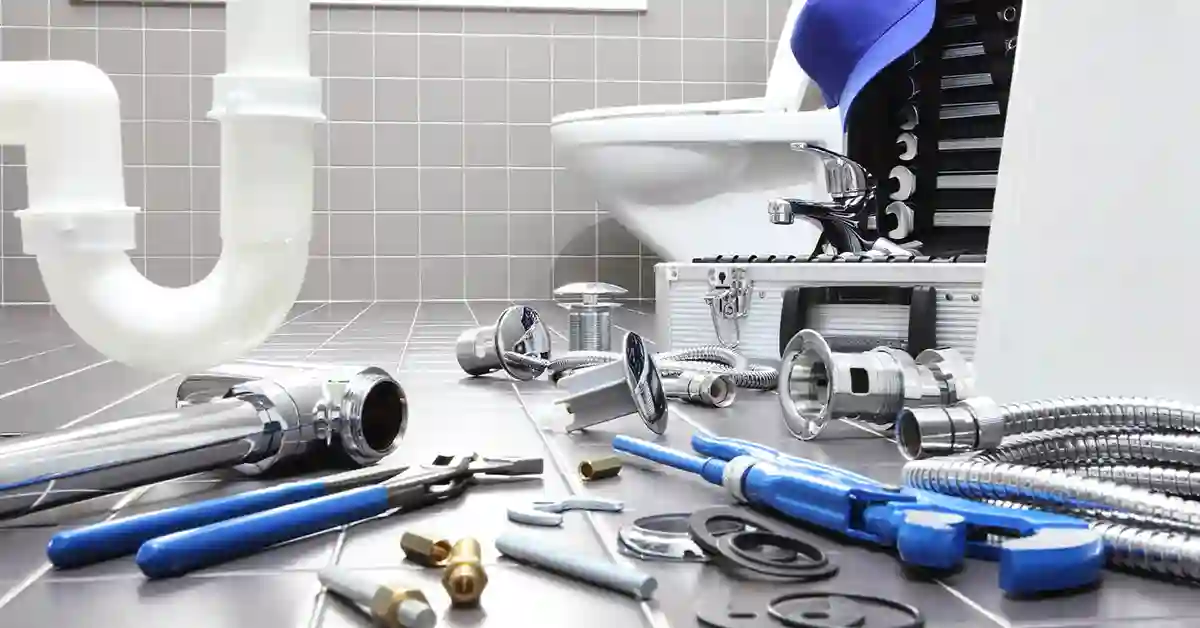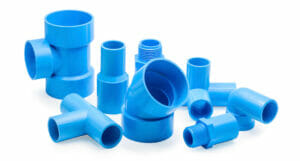
The plumbing industry is a vital part of modern society. The industry is responsible for the installation, repair and maintenance of the pipes, fixtures, and other infrastructure that brings clean water into homes and businesses and removes waste and sewage. As such, the plumbing industry is constantly evolving and adapting to new technologies and trends. In this article, we will explore some of the current and emerging trends in the plumbing industry.
One trend that has gained significant traction in recent years is the increasing focus on sustainability and eco-friendliness. With concerns about the impact of human activity on the environment at an all-time high, many consumers and businesses are looking for ways to reduce their carbon footprint and minimize their environmental impact.

As a result, there has been a push towards the use of more environmentally friendly products and practices. This includes the use of low-flow smart toilets, faucets and tankless water heaters, which use less water and reduce water waste, as well as the use of recycled materials in the production of products.
Plumbing Industry Trends and Technology
More of the the plumbing industry trends are the use of technology to improve efficiency and convenience. Smart home technology, for example, has made it possible for homeowners to control their plumbing systems remotely using their smartphones or smart home devices. This includes being able to turn off and on water valves, monitor water usage, and even detect and diagnose issues with the system.
Another technological advancement in plumbing industry trends is the use of 3D printing to produce custom parts and fixtures. This allows plumbers to create specialized parts on demand, reducing the need for inventory and making it easier to obtain hard-to-find or discontinued parts. Additionally, 3D printing can be used to produce prototypes for new products. This allows manufacturers to test and refine their designs before going into mass production.

In addition to sustainability and technology, there is also a trend towards the use of specialized plumbing techniques and equipment for certain types of projects. For example, trenchless technology, which involves using specialized equipment to repair or replace pipes without the need for digging up large sections of the ground, has become increasingly popular in recent years. This is because trenchless technology is less disruptive and can often be completed more quickly than traditional methods. This makes it a more cost-effective and efficient solution for many plumbing projects.
Another specialized technique that has gained popularity in the plumbing industry is hydro jetting, which involves using high-pressure water jets to clean and clear clogged pipes. Hydro jetting is a more effective method for removing stubborn blockages than traditional methods such as snaking. It can also be used to clean and maintain pipes to prevent future clogs.
The trend toward online technologies such as software for plumbers and free tools like a plumbing invoice template is fueling much of this.
The Industry Trend is Going Green
In addition to these trends, there is also a growing demand for professionals with specialized skills and knowledge. For example, there is a need for plumbers who are trained in working with natural gas, as more and more homes and businesses are switching to natural gas for heating and other purposes. There is also a demand for plumbers who are trained in working with solar water heaters and other renewable energy systems, as more and more consumers and businesses look for ways to reduce their reliance on fossil fuels and grow their plumbing business.
Overall, the plumbing industry trends are constantly evolving and adapting to new technologies. From the increasing focus on sustainability and eco-friendliness, to the use of technology to improve efficiency and convenience, to the rise of specialized techniques and equipment, the plumbing industry is poised for continued growth and innovation in the coming years. As such, it is an exciting time to be a part of this dynamic and important industry.
